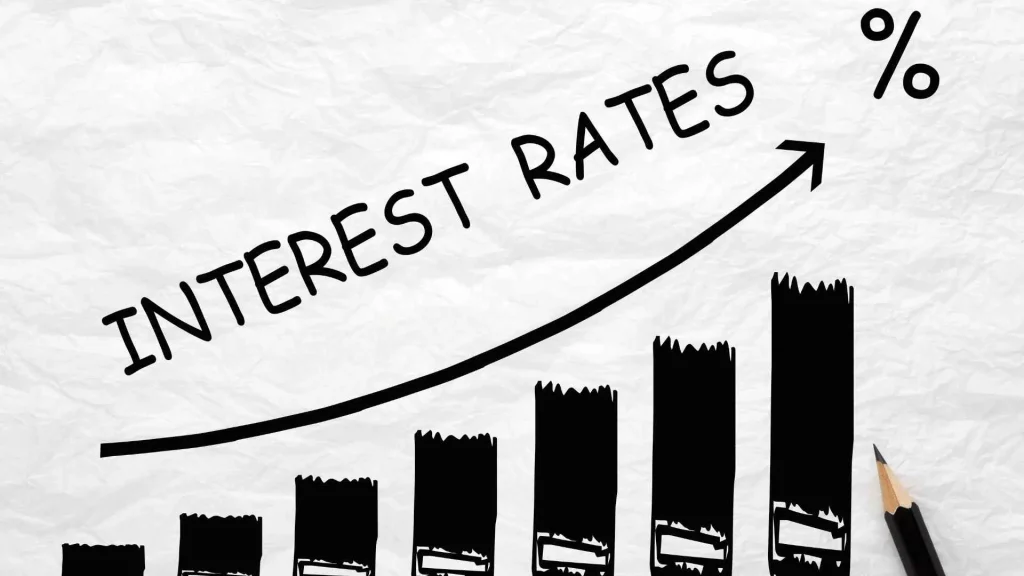How the repo rate increase affects your finances

The South African Reserve Bank upped the repo rate with 50 base points instead of the predicted 25 points. This takes the repo rate to 7.75% and the prime lending rate to 11.25%, making it the highest lending rate since 2009.
Our finances are affected by many factors throughout our lives. From the repo rate to exchange rates and countries going in and out of recession – it all plays a part in how our money fairs daily.
The repo rate in South Africa
The repo rate and the prime lending rate in South Africa go hand in hand. When the repo rate rises, so do the prime lending rate and everything else.
When the South African Reserve Bank lends money to a private bank, the repo rate refers to the rate at which they do so. When this goes up, it causes the prime lending rate (or the cost at which banks lend to private consumers) to increase too.
This rate affects more than just bond repayments or large purchases. It can also change how much you pay for groceries and the return rate on your investment.
Four ways your finances are affected by the repo rate increase
Businesses across the country are affected as the repo rate rises and falls. It has a knock-on effect felt by the man on the street that could significantly change how you can manage your finances.
1. Repo rate increase and bond repayments
The housing market is one of the industries that feels the hardest knock by a repo rate and prime lending rate increase. As a result, consumers who have bought homes will see an increase in how much needs to be paid back each month. Depending on the size of the bond being repaid, the increase in interest owing could push monthly repayments up by thousands of Rands.
However, when the repo rate drops, this can also mean good things for homeowners. Those who are paying off their home loans with a variable interest rate will enjoy the benefits of a decreased repayment as the amount of interest owed will drop too.
2. Debt
As with bond repayments, a repo rate increase means the interest rate rises on all debt, including clothing accounts and personal loans. Increasing debt interest can mean that it will take longer to pay off or that your repayment amount will increase drastically to cover the extra cost.
If you need assistance with your debt payments, please do not hesitate to contact Debtline for a free callback.
Read: The Complete Debt Review Guide
3. Groceries and transport
Every industry has debts to pay and is affected by higher interest rates, including food and transport companies. But unfortunately, consumers are the ones who are forced to cover those excess costs and must suffer the brunt of higher expenses.
4. Investments
For those living off of investments or annuities, a higher repo rate can be a silver lining in an otherwise bleak situation. This is because the repo rate increase means higher interest rates, leading to high returns for those relying on these funds. For this reason, many consider investing and saving when the repo rate is at an all-time high.